Your cart is currently empty!
Tag: Sustainability
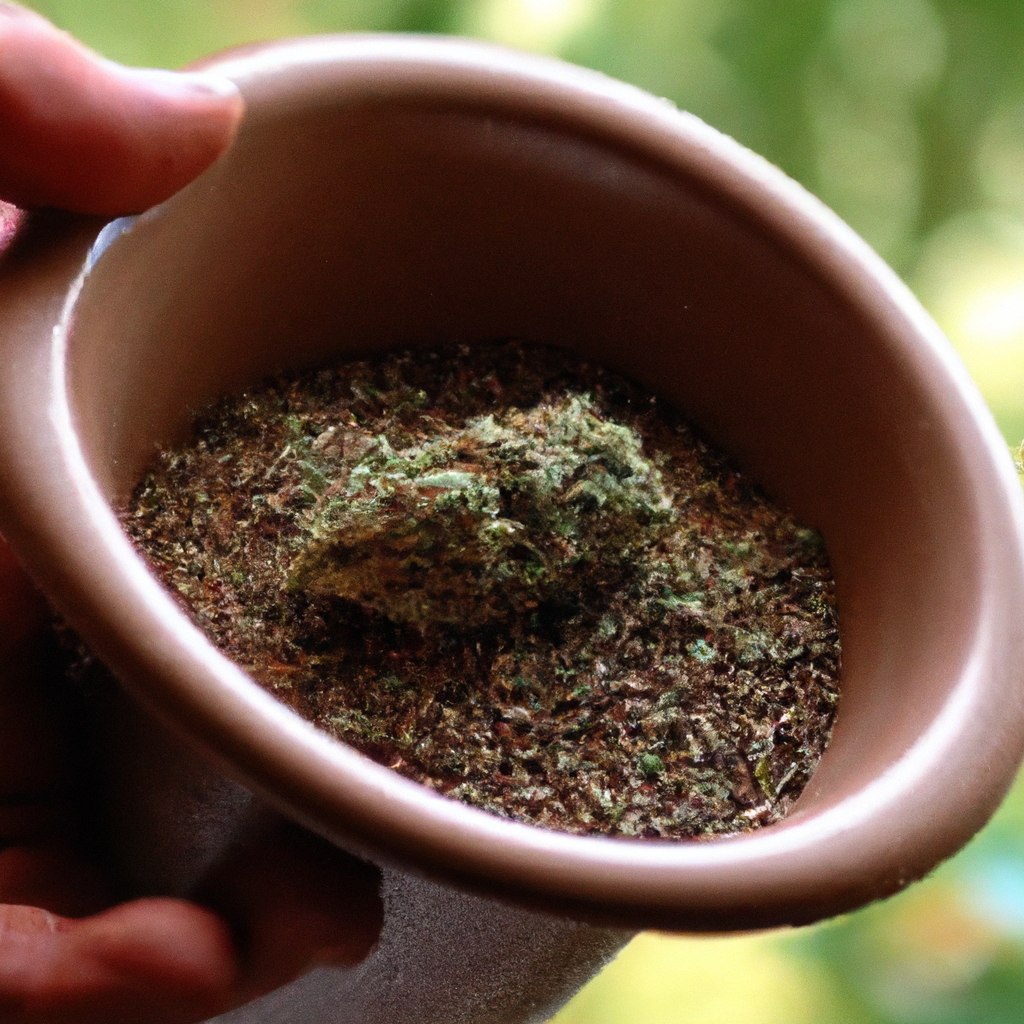
The demand for organic cannabis is rising as consumers prioritize health and environmental sustainability. This article explores best practices for organic cultivation, including nurturing soil health, using natural fertilizers, and employing eco-friendly pest control methods. Key practices include composting, crop rotation, and utilizing cover crops to enhance soil fertility. Organic fertilizers like fish emulsion and…
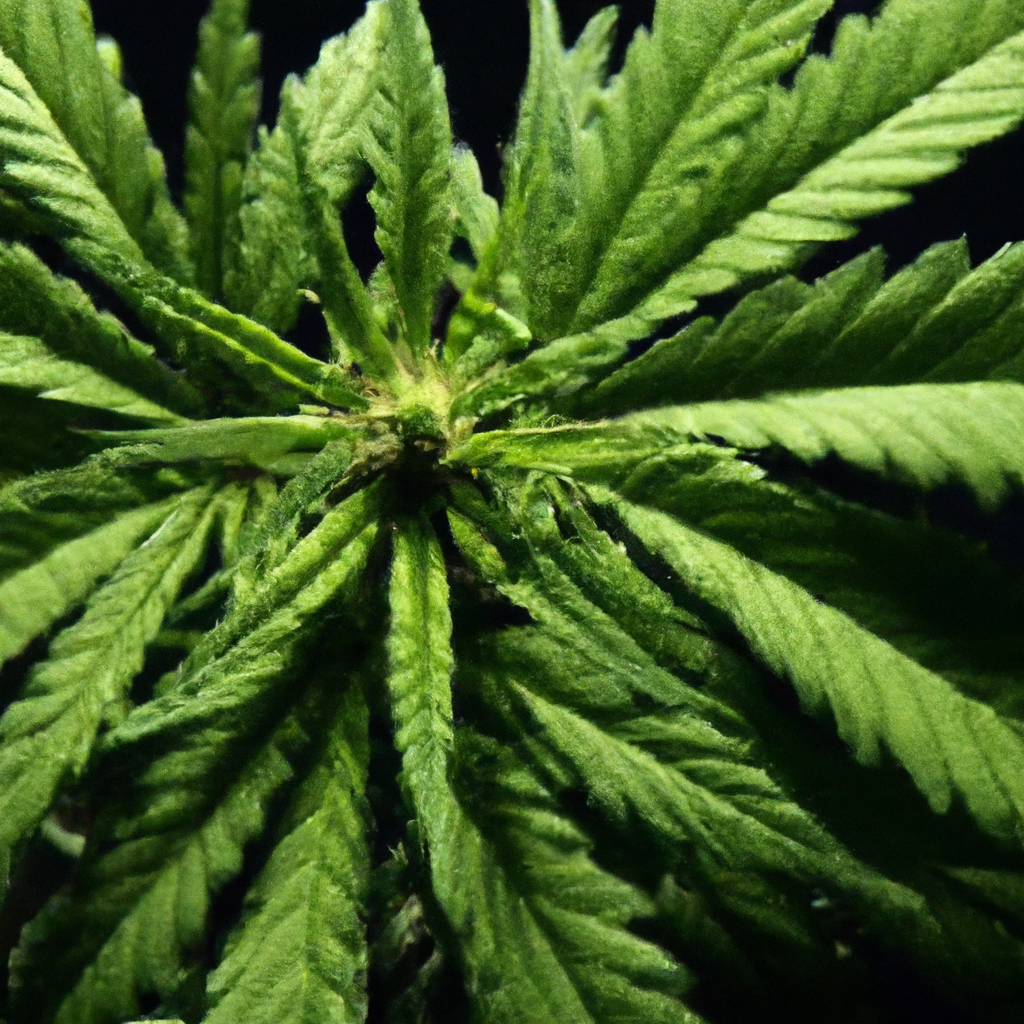
As the drive to combat climate change escalates, the cultivation of cannabis emerges as a surprising ally in carbon sequestration. This blog post explores how cannabis, beyond its well-known medical and recreational uses, can significantly contribute to capturing and storing atmospheric carbon dioxide. With its rapid growth and high biomass, cannabis not only absorbs substantial…
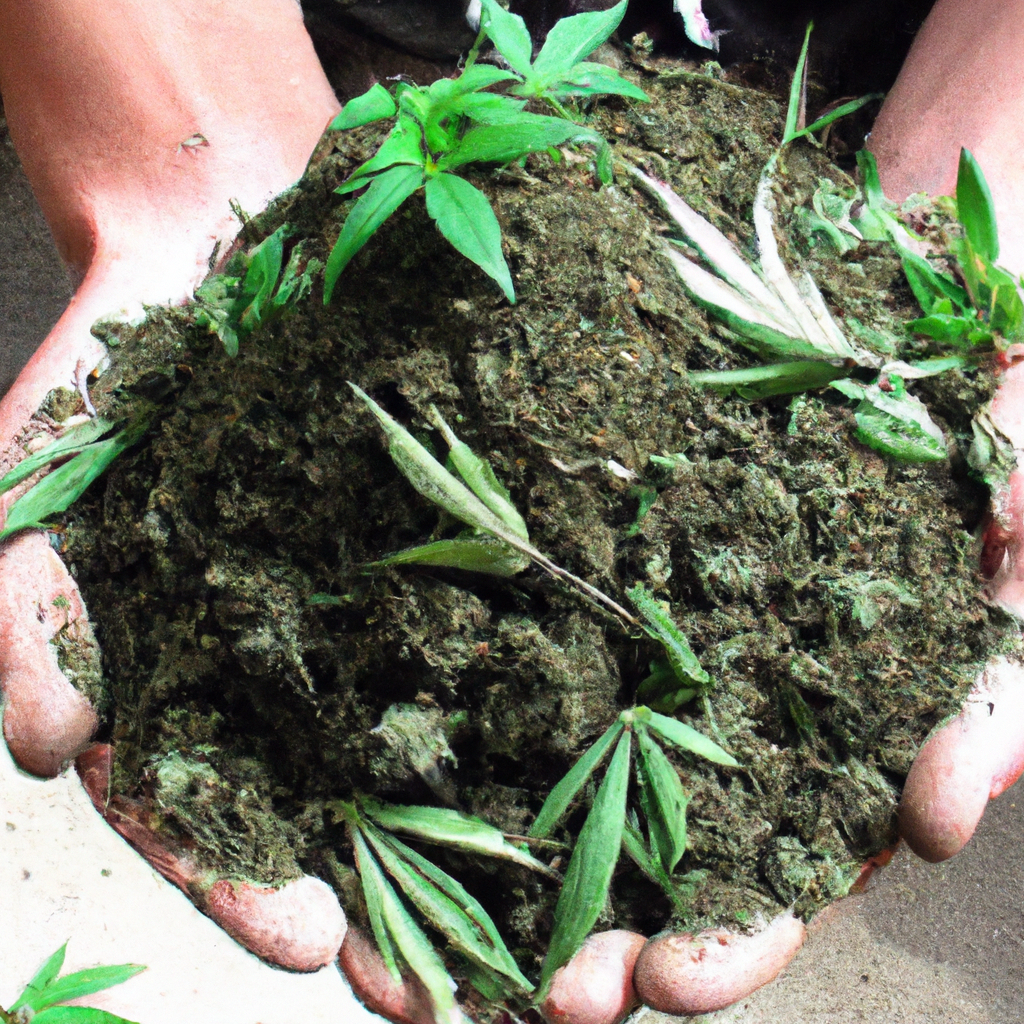
Embracing organic cultivation techniques for cannabis enhances both harvest quality and environmental sustainability. This guide highlights key practices such as building a healthy soil ecosystem using composting and natural amendments, employing natural fertilization techniques like manure and worm castings, and implementing sustainable pest control methods including companion planting and neem oil. The benefits are clear:…
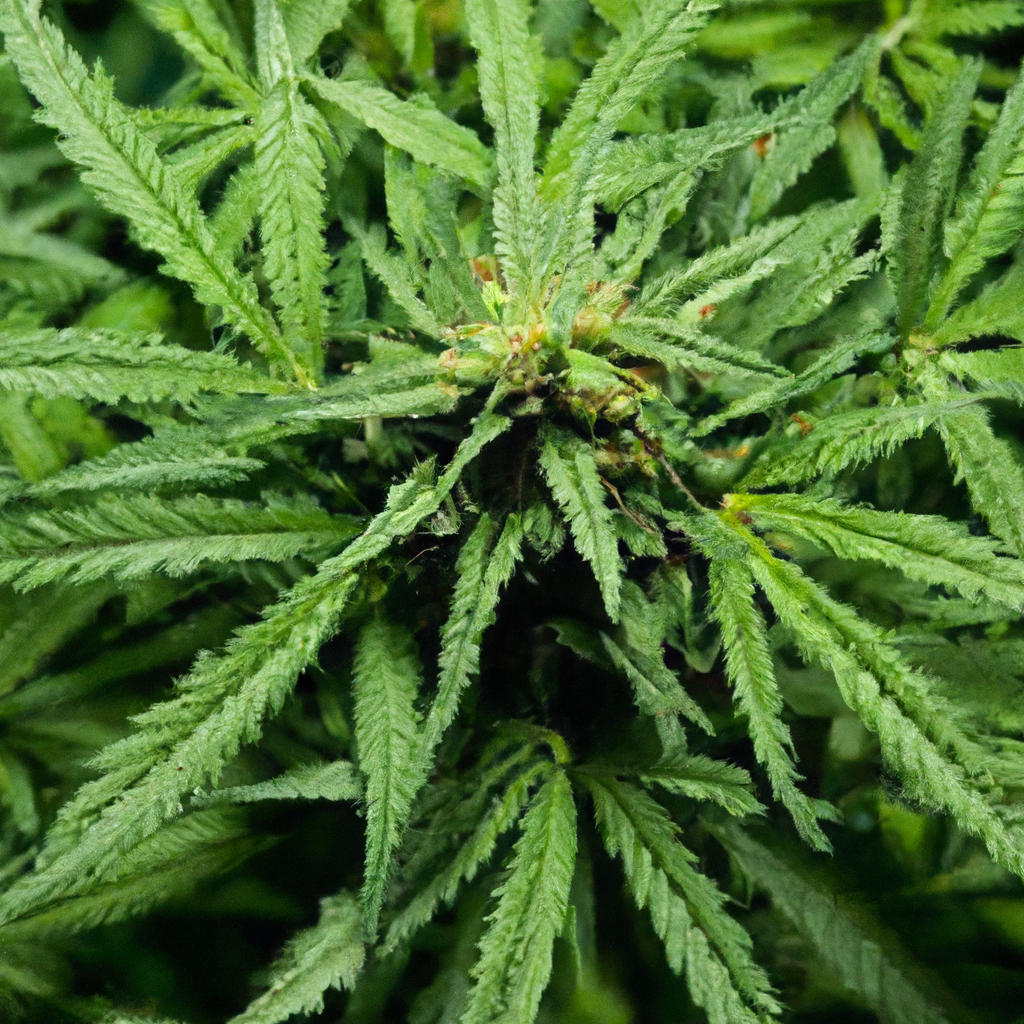
In an era where sustainable agriculture is crucial, organic cannabis cultivation offers an eco-friendly approach by employing natural fertilizers, composting, and organic pest control methods. This practice builds healthy soil ecosystems, supports biodiversity, and provides a natural resistance to pests and diseases. Organic methods include using compost to enhance soil, applying natural fertilizers like bone…
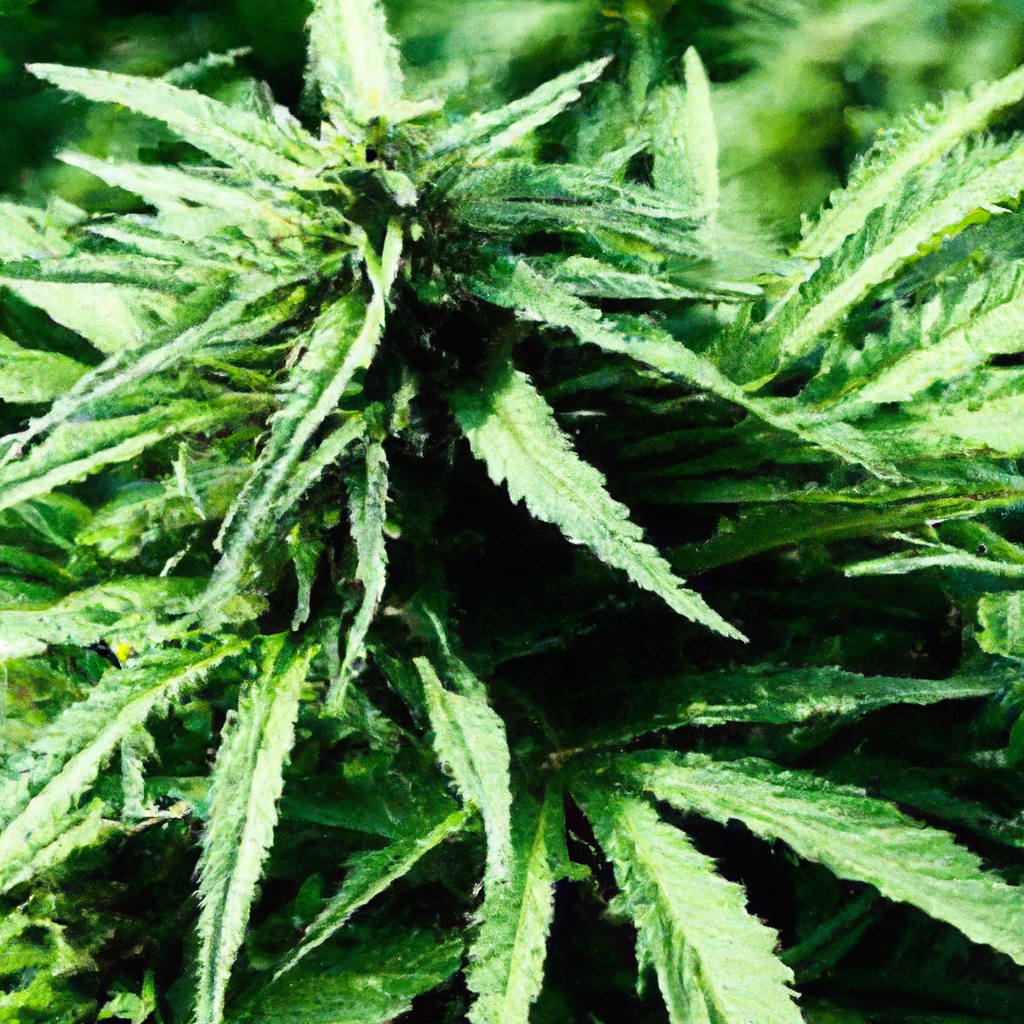
Explore the advantages of organic growing methods in cannabis cultivation, which offer significant environmental benefits and enhanced product quality. By avoiding synthetic chemicals, organic practices promote soil health and biodiversity, resulting in richer flavors and therapeutic compounds. Aligned with sustainability goals, these methods support water conservation and renewable energy, appealing to eco-conscious consumers. Understanding and…
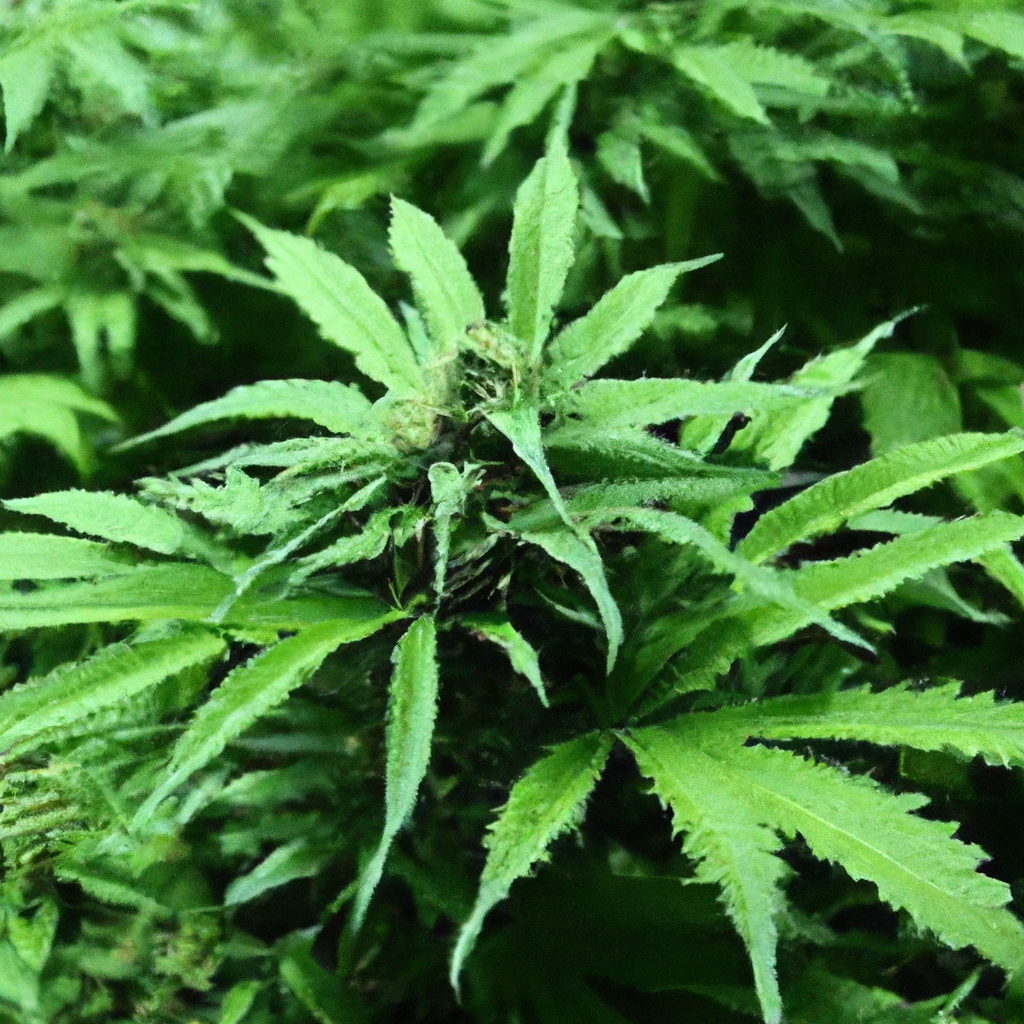
Organic cannabis cultivation offers both environmental and quality advantages, emphasizing the use of natural fertilizers, rich compost, and organic pest control to foster a thriving ecosystem. This approach nurtures the soil and plant health, employing solutions like composting, bone meal, fish emulsion, and sustainable pest management methods such as beneficial insects and companion planting. Beyond…
Discover the rich history of cannabis cultivation, from its ancient roots in China and India to modern practices like hydroponics and aeroponics. This exploration highlights the evolution of traditional methods, the rise of selective breeding, and future innovations such as Smart Agriculture. As we move toward sustainable and efficient cultivation, the balance between tradition and…
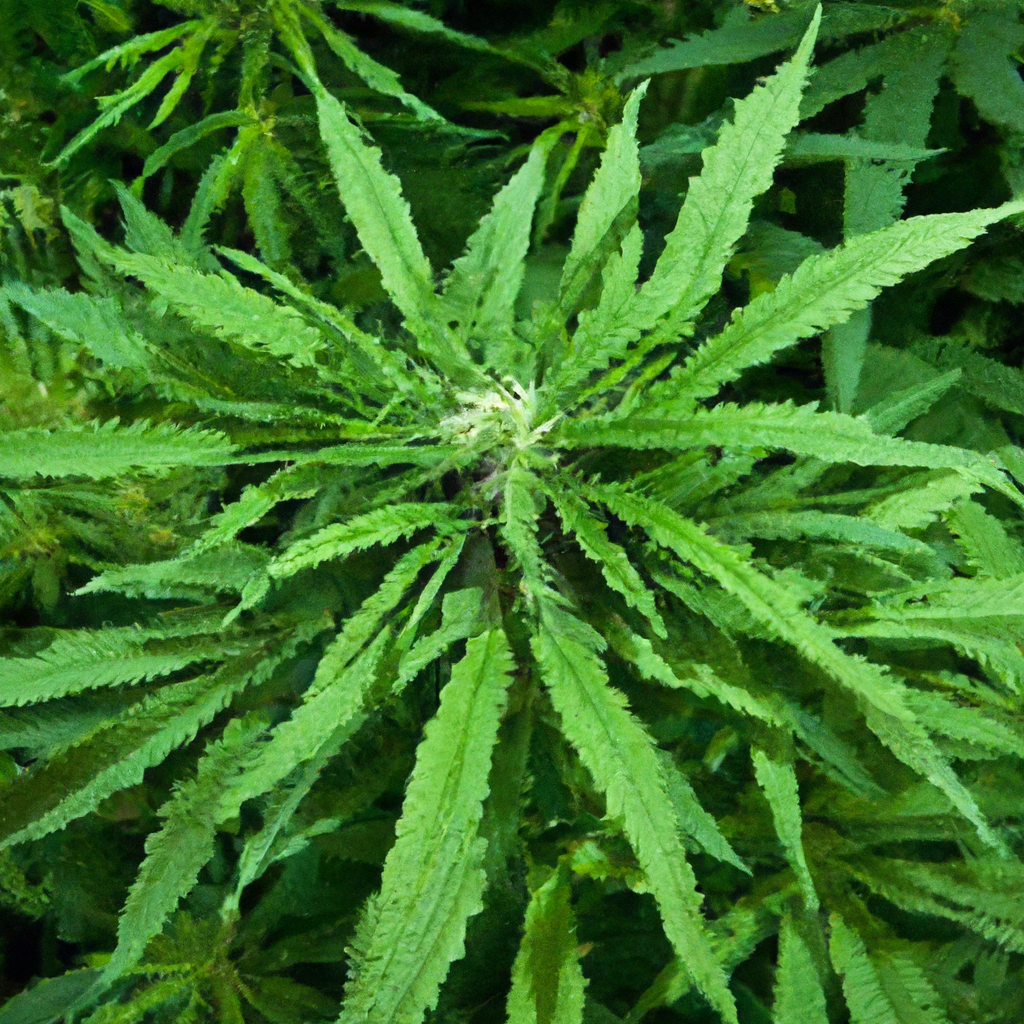
Cannabis cultivation is making significant strides in sustainable farming through crop rotation. By incorporating cannabis into these traditional systems, farmers can enhance soil health, boost biodiversity, and improve crop yields. Cannabis’ diverse nutrient needs and natural pest control properties benefit the soil and decrease the reliance on chemical interventions. A real-world example from a Kentucky…
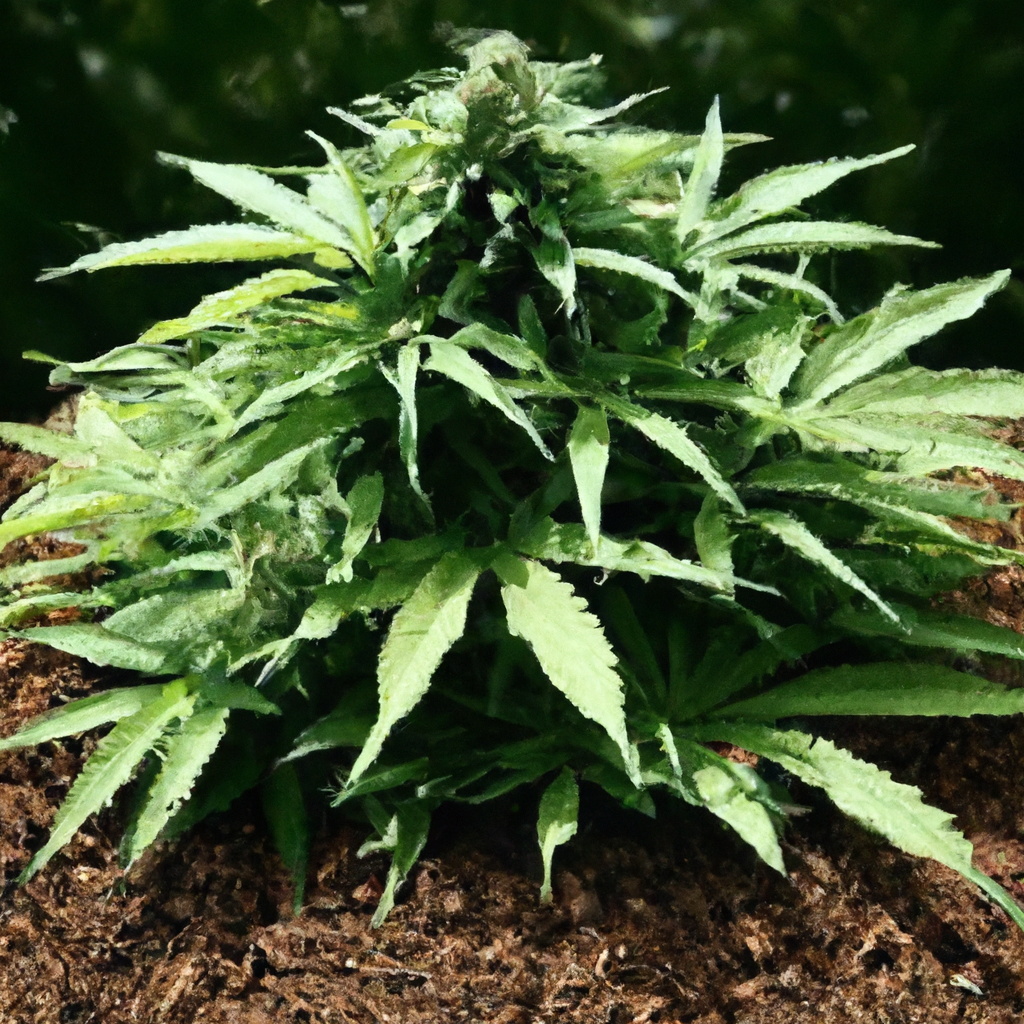
Cannabis cultivation offers significant benefits to soil health, contributing to sustainable agriculture. The plant aids in nutrient cycling, enhances microbial diversity, and adds organic matter after harvest, improving soil structure and moisture retention. Studies show cannabis fields have higher soil organic matter and microbial biomass, leading to better crop yields. Integrating cannabis into farming practices…
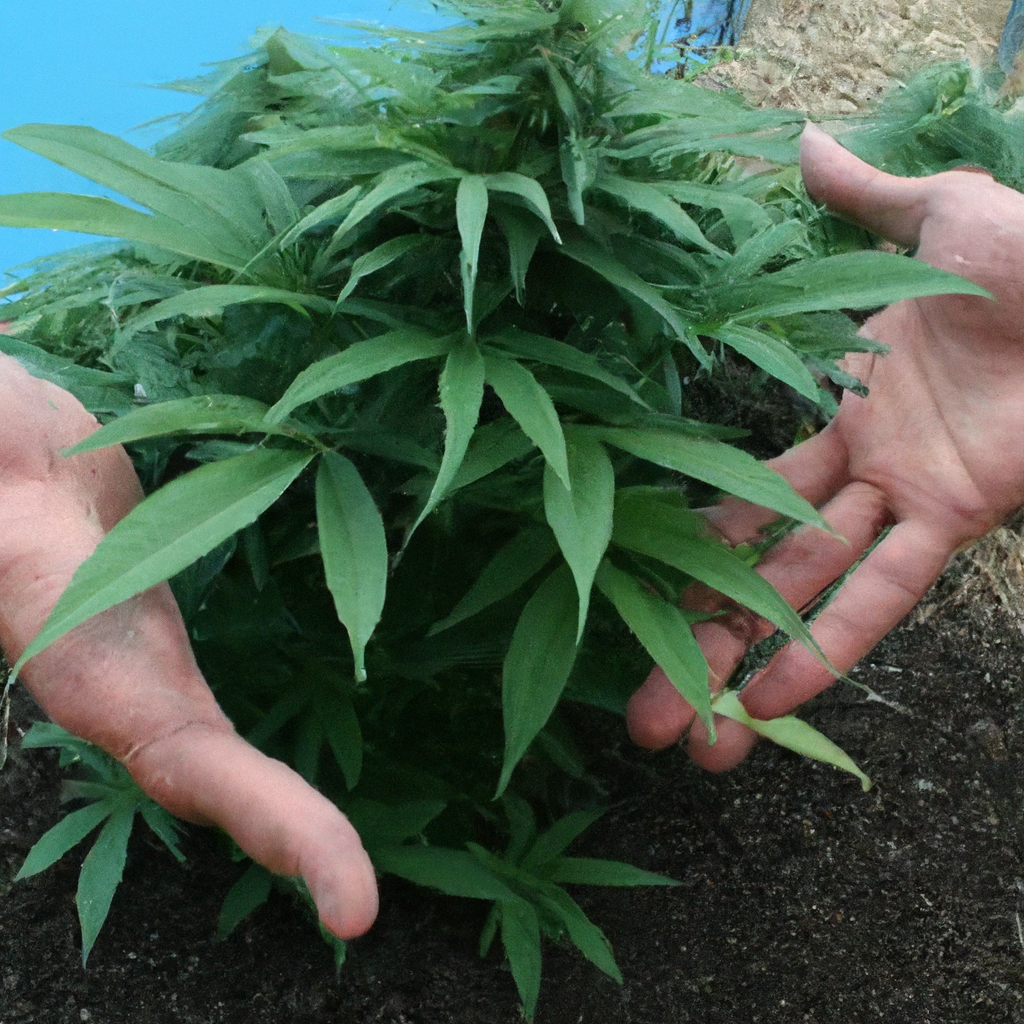
Growing cannabis organically involves utilizing natural processes that benefit both the environment and consumers, avoiding synthetic chemicals, and emphasizing sustainability. By building a healthy soil ecosystem rich in beneficial microbes and using natural fertilizers like fish emulsion and seaweed extract, growers can achieve high-quality yields with improved taste and aroma. Sustainable pest control methods, such…
